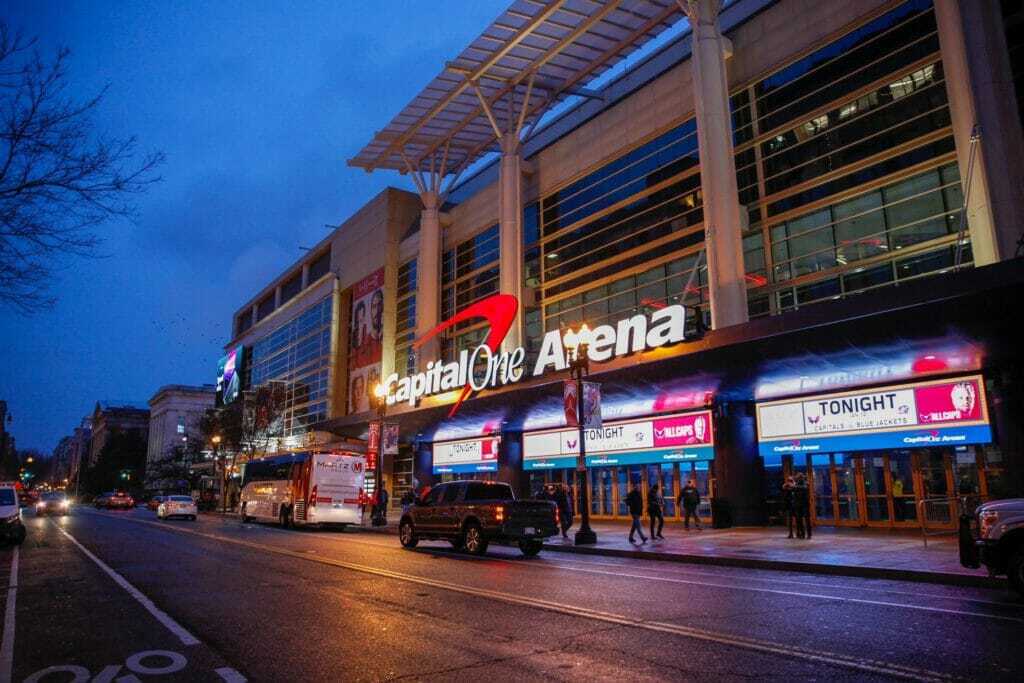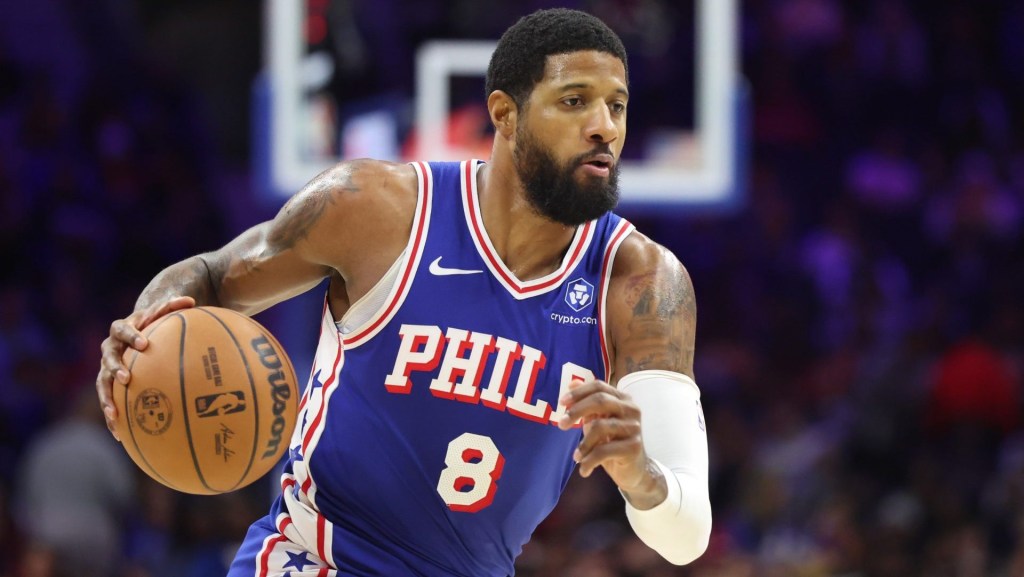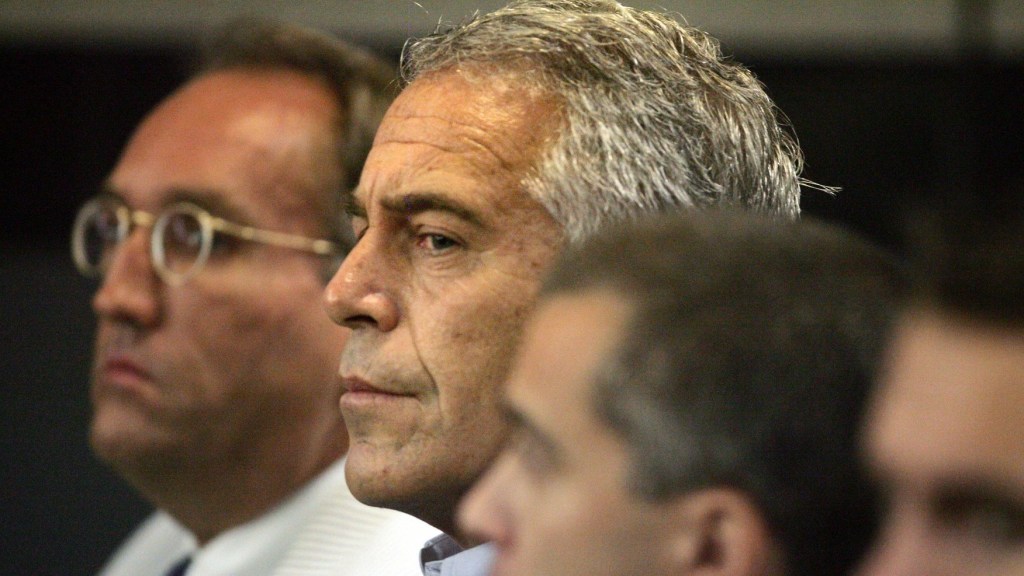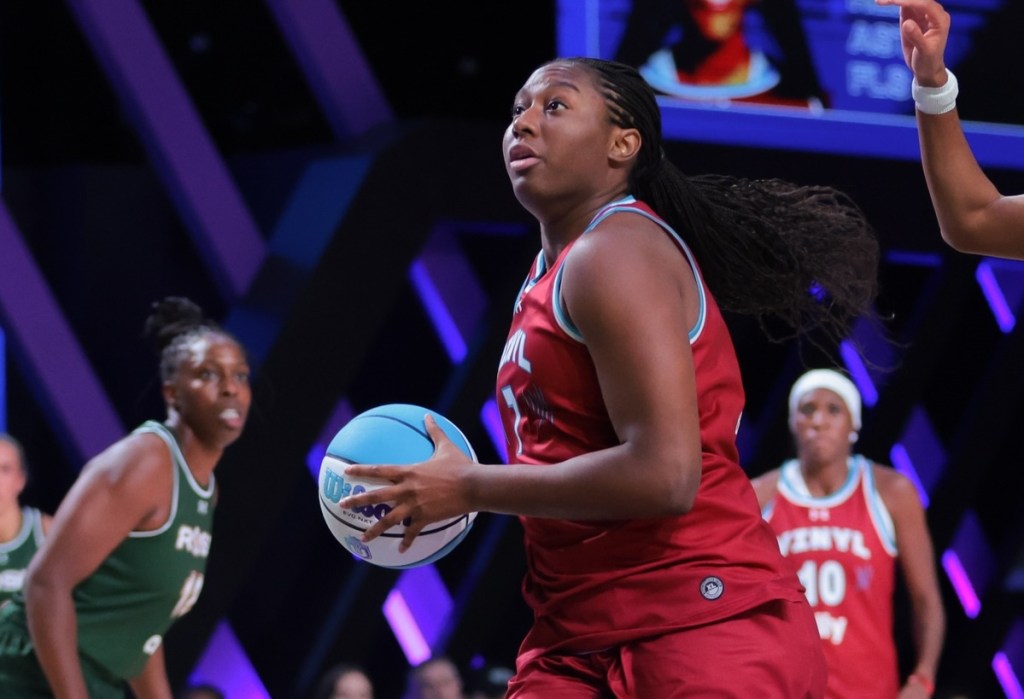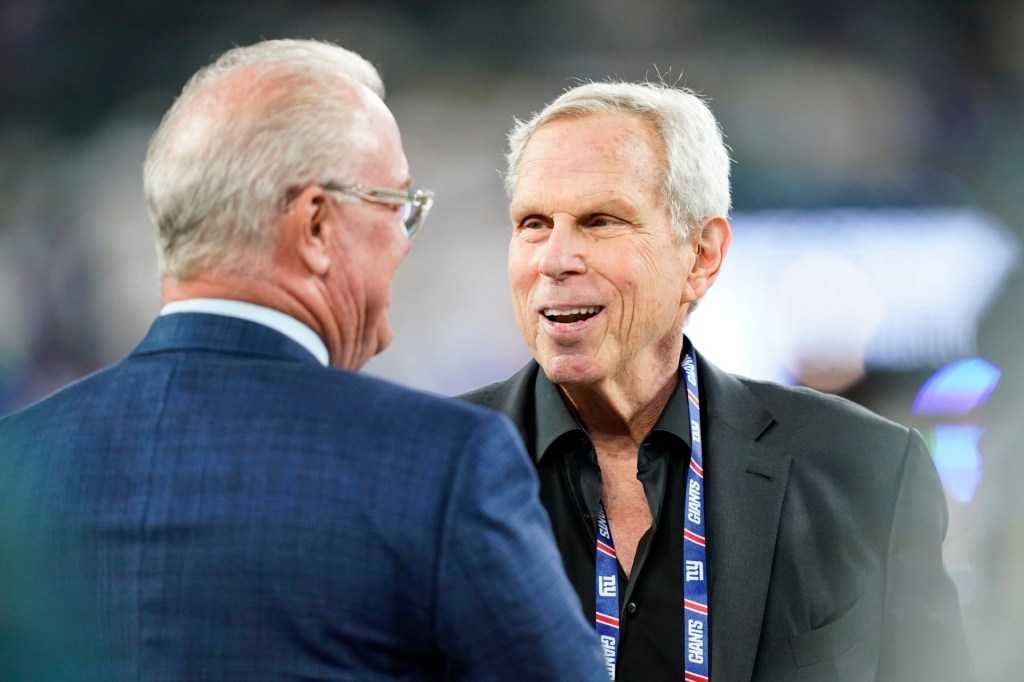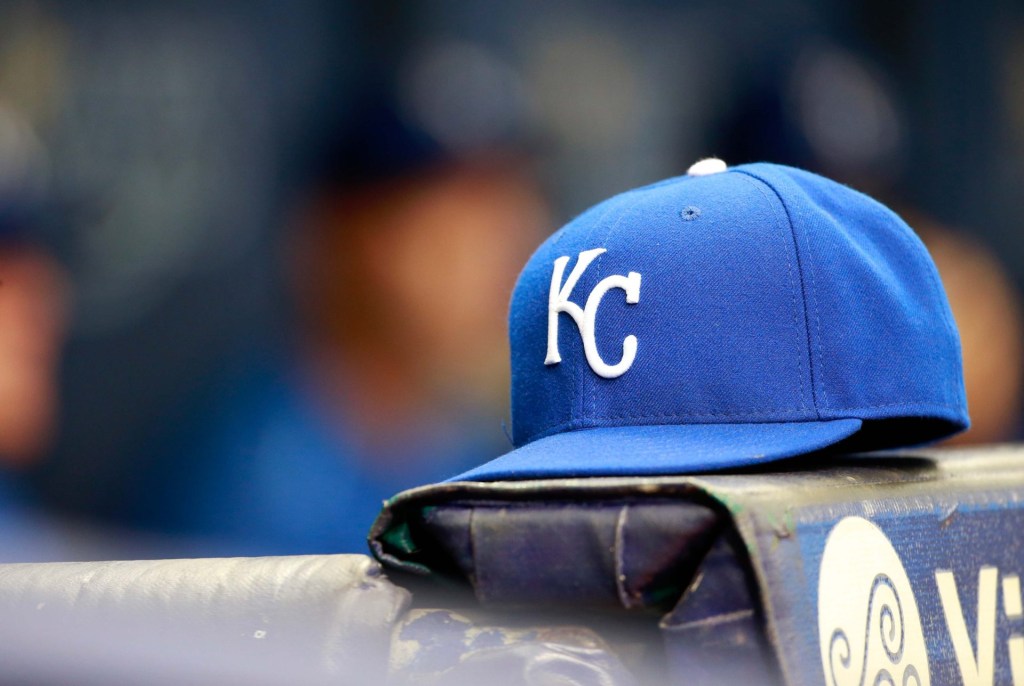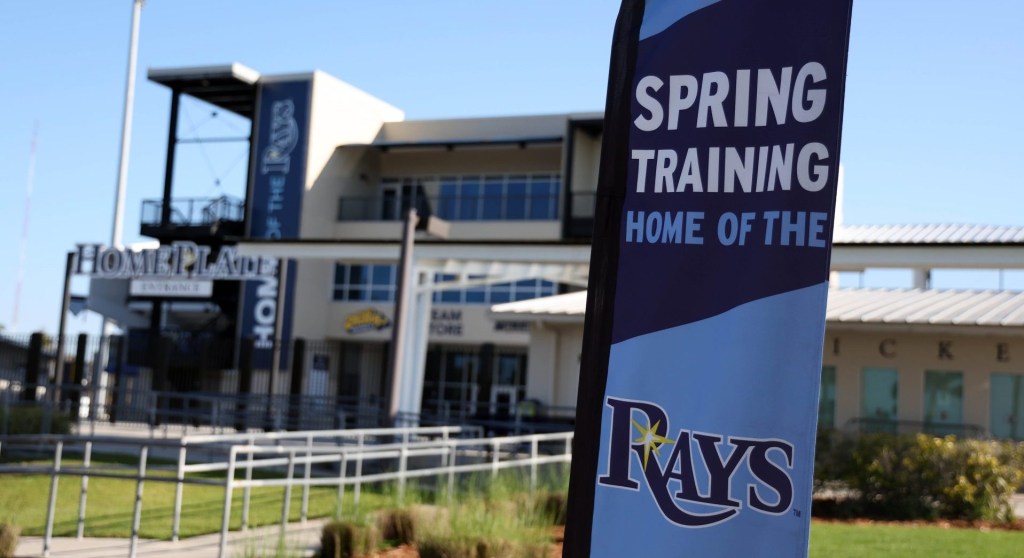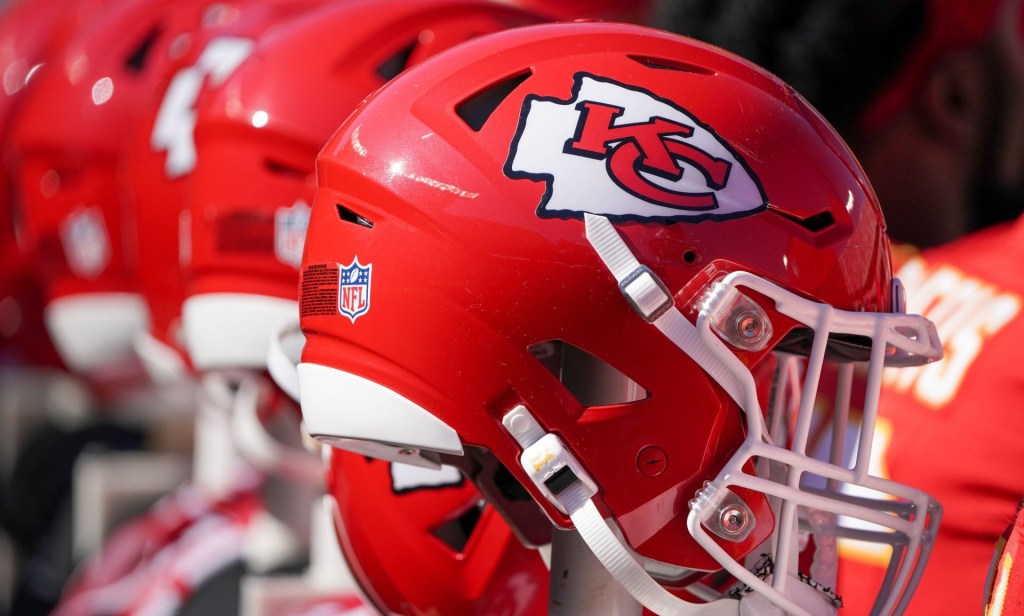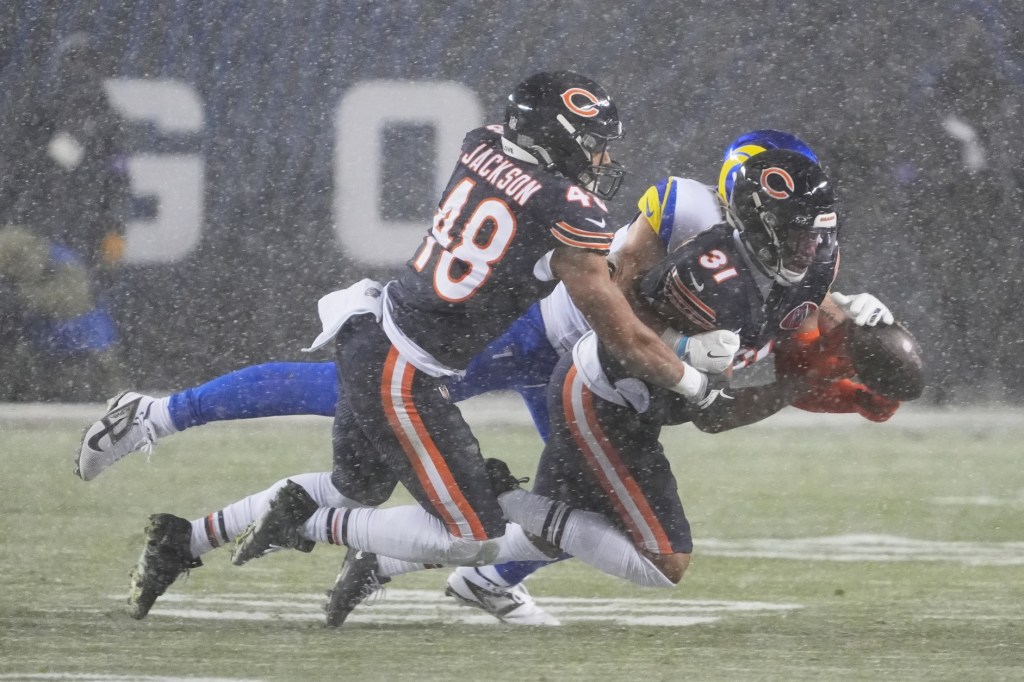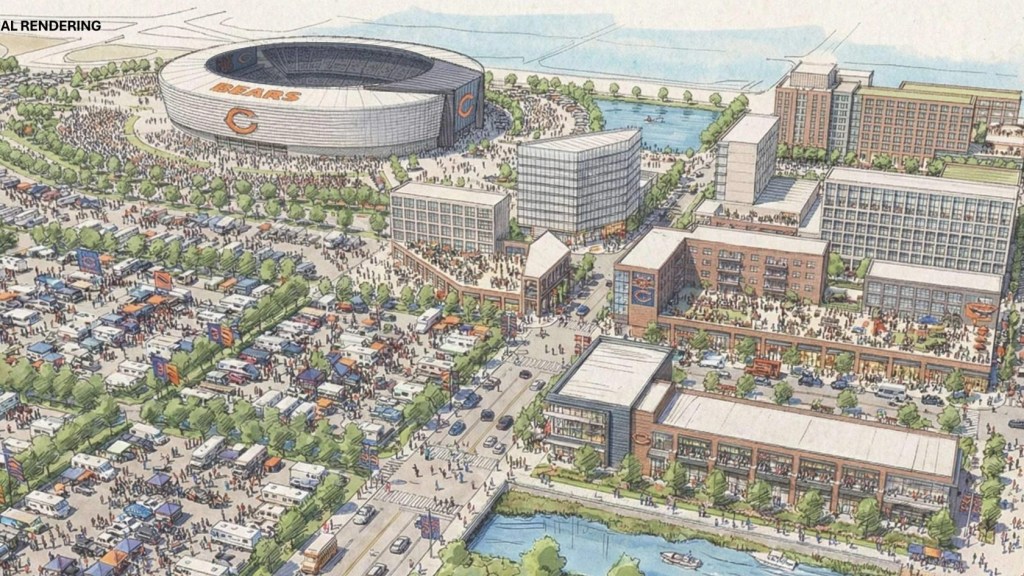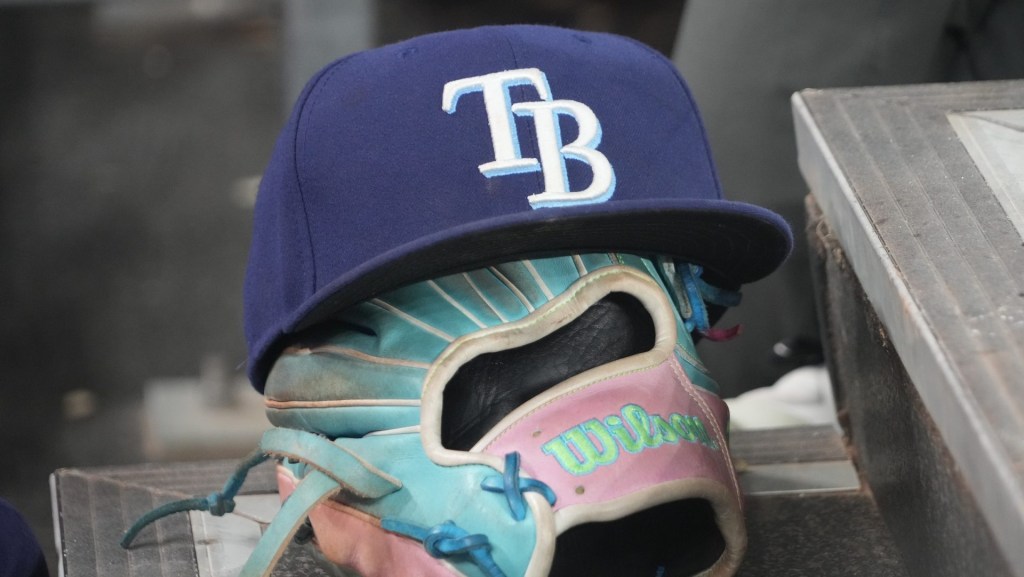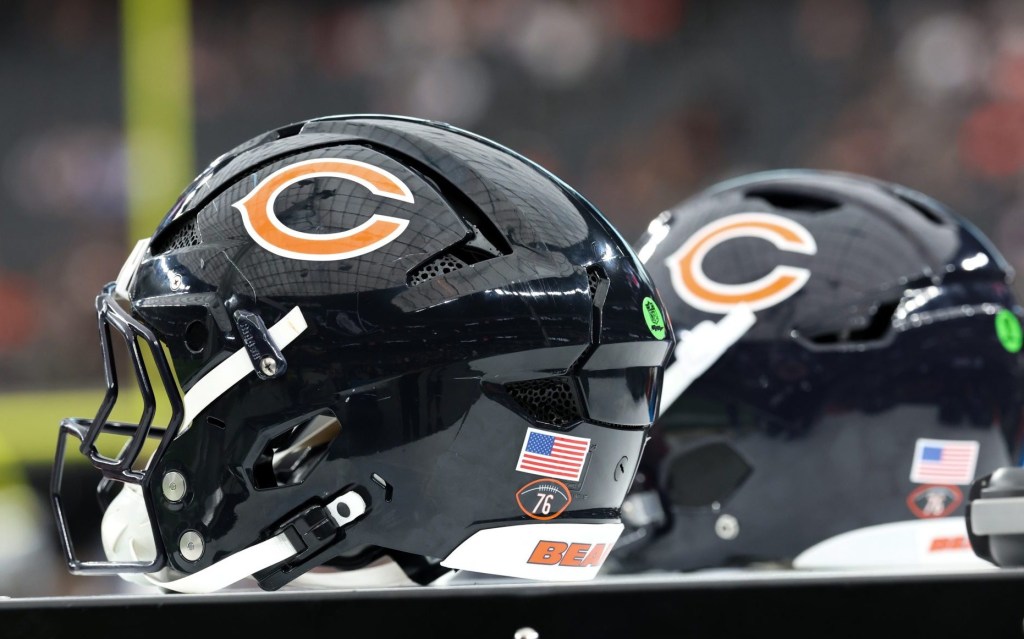Washington, D.C., officials are still talking with Ted Leonsis and his Monumental Sports and Entertainment about staying at Capital One Arena. But D.C. officials already are developing a backup plan, acting with a speed often unseen in the slow-moving world of stadium and arena negotiations.
Less than four weeks after Leonsis announced plans to build a $2 billion arena and mixed-use development in Alexandria, Va., for the Washington Wizards and Capitals, D.C. Mayor Muriel Bowser has formed the Gallery Place/Chinatown Task Force to create a new vision for the area surrounding Capital One Arena. The task force will consider a variety of potential moves for the neighborhood, including potentially tearing down the 26-year-old venue to open the land for other uses.
“We have to have a vibrant space here,” Bowser said. “We can’t have it underused, and there will be people who it would serve their purposes [sic] if we had an underutilized arena in downtown D.C. That will not serve the purposes for the D.C. taxpayer. So I want to be clear about that: We will not allow an underused arena.”
The task force includes both current government officials and private business leaders and is led in part by two of Bowser’s mayoral predecessors, Anthony Williams and Adrian Fenty. Even before Leonsis announced his plans, the Capital One Arena area was the subject of rising concerns about crime and business growth.
Local Politics
Bowser did not detail the current state of D.C.’s talks with Leonsis, but an offer of $500 million in public money to upgrade Capital One Arena remains on the table. The Leonsis plan to move the Wizards and Capitals to the new Alexandria arena also potentially involves his Washington Mystics shifting its home games from the 4,200-seat Entertainment and Sports Arena in southeast D.C. to Capital One Arena.
The prospect of moving the WNBA team from D.C.’s poorest ward to downtown has already angered local officials, even as the Mystics regularly sell out at the smaller venue and have arguably outgrown it as the league soars in popularity. D.C. officials, meanwhile, are thinking about other—and potentially very different—options for the Capital One Arena neighborhood.
“If the teams do move—and we have to anticipate that they will—we have an opportunity to reposition almost two city blocks, five acres, right in downtown D.C. for a new use,” said Nina Albert, D.C.’s acting deputy mayor for planning and economic development.
